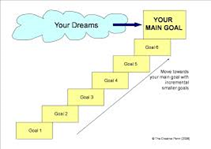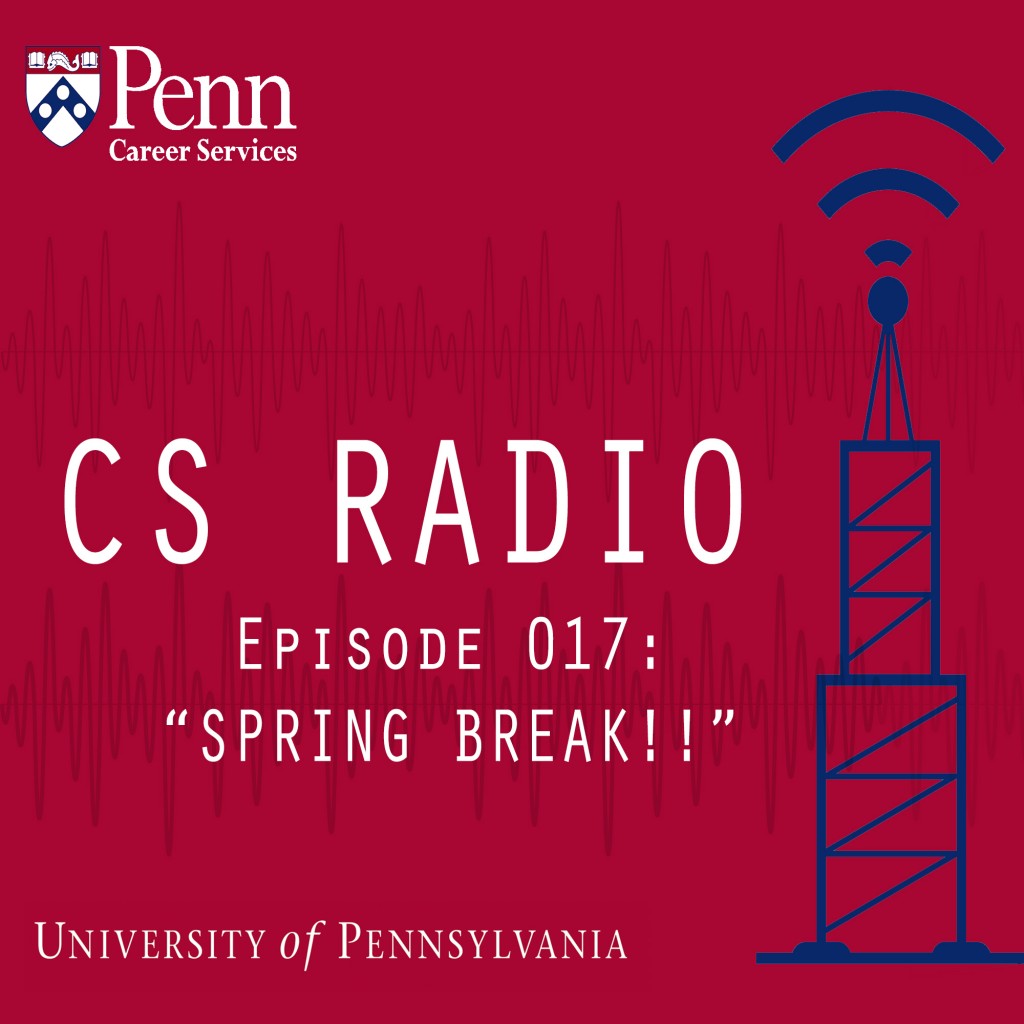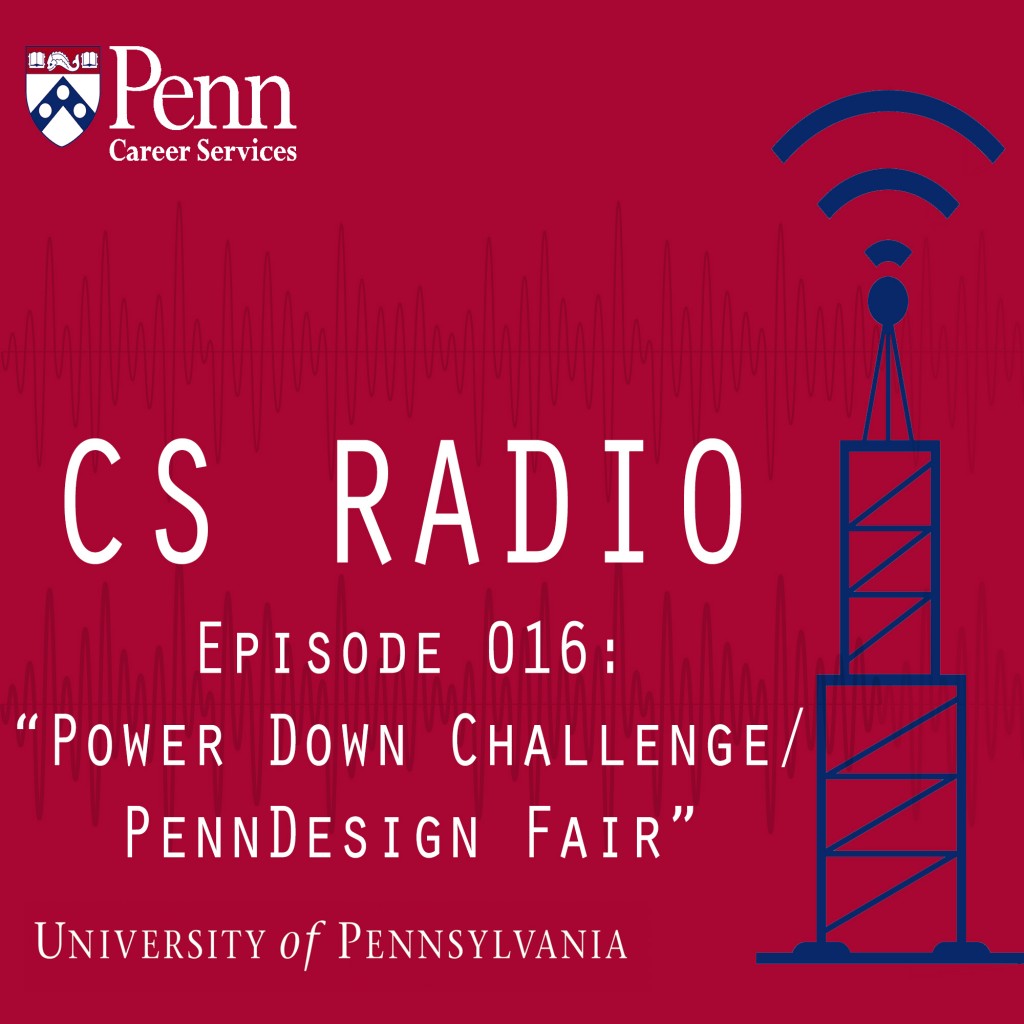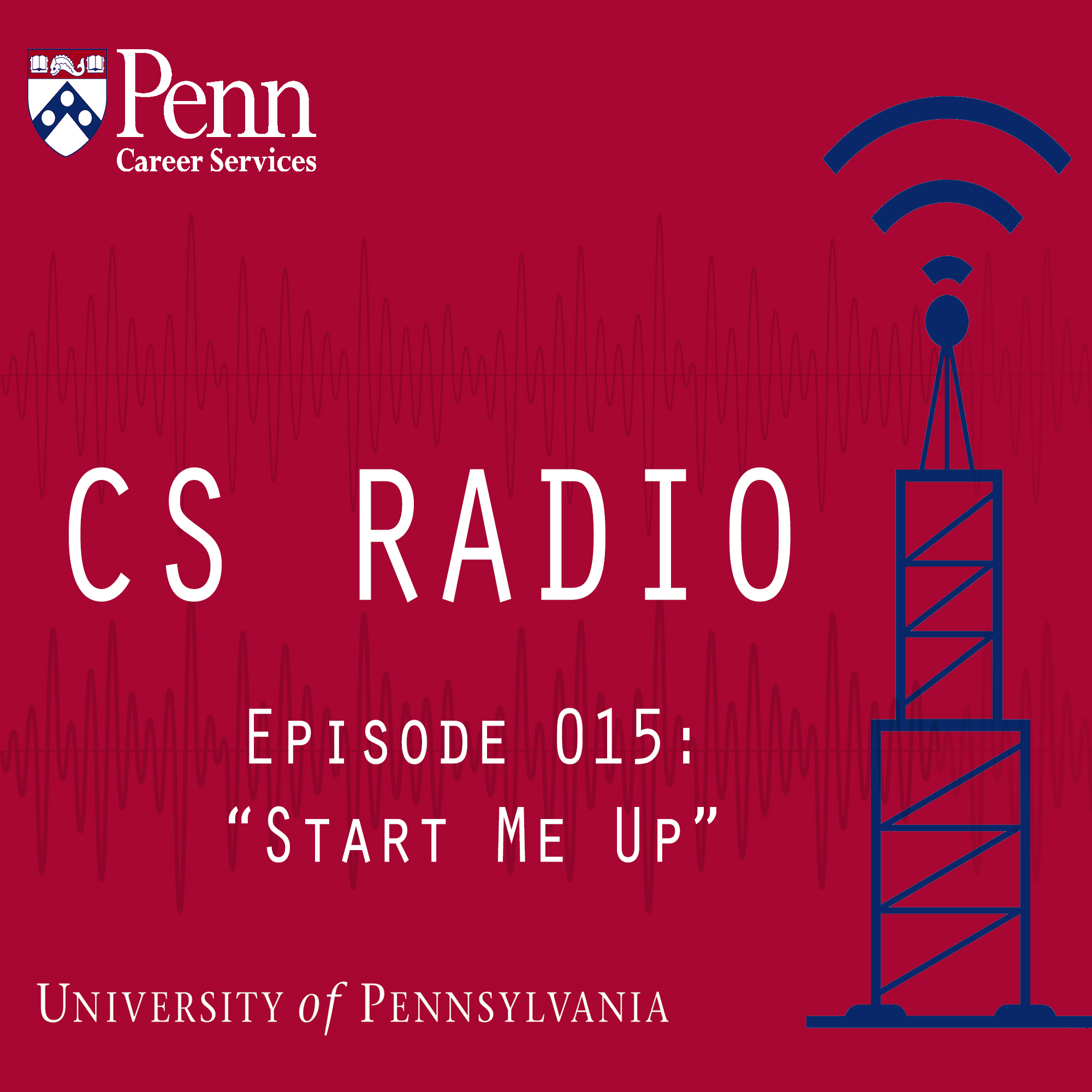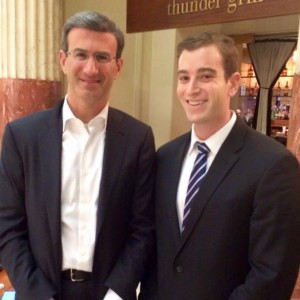by Tiffany Franklin, Associate Director

Everywhere you turn, you hear people talking about the need to think strategically and the value of this skill in the business world, but have you stopped to apply this principle to your job search? Taking the time to devise a flexible plan and map out mini goals for yourself can lead to a more efficient job or internship search. With all the competing priorities in your life between academics, activities, friends, family, work, etc. it can be challenging to find time for everything, so you want your efforts on the job search front to be as productive as possible.
You have a syllabus for each of your classes, so why not develop one for your job search customized to your needs? Start by creating a job search To Do list and then breaking this down into mini goals to achieve each week. That way, you are giving yourself direction and making progress in your search. If you feel overwhelmed keep in mind, you don’t have to secure your job tomorrow, but you can work on mini goals that will help you get one step closer to your big goal of finding a job. This will also prevent you from trying to cram all your job search tasks into a brief period of time, which is not productive in a search. You are giving yourself time to devote your best efforts to your resume and to your networking endeavors.
To get started, think about the types of jobs/internships you are seeking. Are they all similar and related to your major or are you conducting a concurrent search and seeking positions in two separate fields? If you answered yes to separate fields, then you will create a resume tailored to each field. Career Services is here to help you learn how to develop these resumes which emphasize different aspects of your experience. You want your marketing documents to reflect your job search goals. The same holds true for your cover letters and then you will further tailor them to each position to which you apply. By organizing your search efforts, you can also evaluate your progress along the way and make adjustments as needed. For example, if you’ve sent out many resumes and have not heard back from any employers, then it’s an indication you need to work on your resume and cover letter some more. If you’re securing first round interviews and not proceeding to subsequent rounds, then a mock interview would be valuable for you.
Other items to include on your To Do list include identify opportunities through a number of sources (PennLink, LinkedIn Jobs Tab, Indeed, and sites tailored to each industry), research industries, prepare for interviewing, create a list of networking contacts, find new contacts in QuakerNet and LinkedIn, attend career fairs and information sessions, and of course, apply to open positions.
When devising your job search calendar, first look at the Career Services calendar to identify when the major events are coming up (Career Fairs) and times of career workshops and employer information sessions. There are too many to attend them all, so think about which ones interest you the most and include those on your calendar. Then break down the other steps and give yourself a goal of identifying and applying to a certain number of jobs a week. Be flexible with this plan since an interview invitation may mean you will focus your efforts on that during a given week. Keep in mind the first few applications take the longest to complete as you get used to the process.
At first glance, searching for a job or internship can be overwhelming with the sheer volume of resources available, but Career Services is here to help you break the process into manageable steps and support you through each one.
